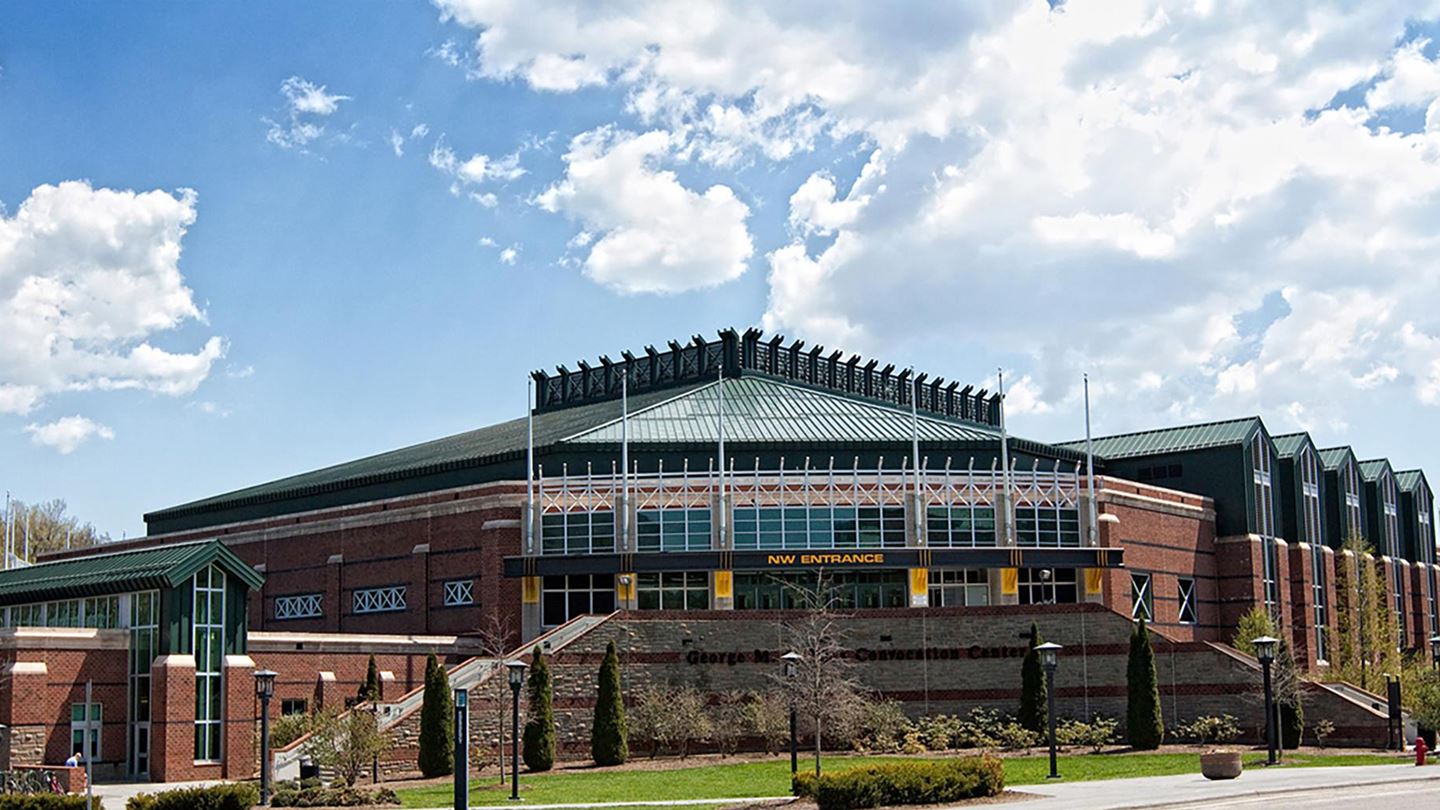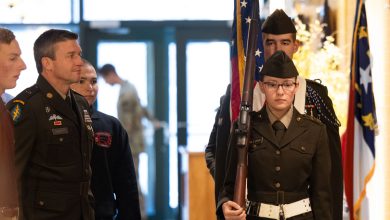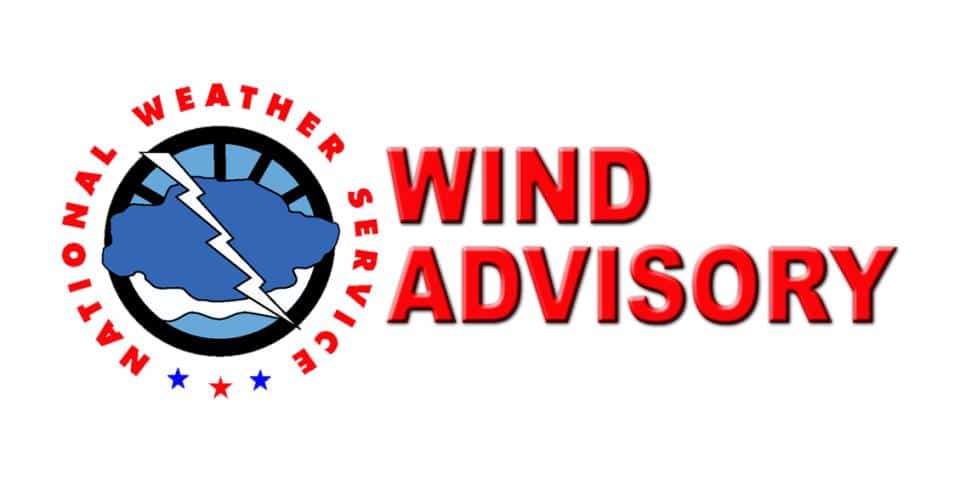Last Updated on November 24, 2019 11:20 am
RALEIGH — Chief Justice Cheri Beasley has declared the third week of October (October 13-19) as Conflict Resolution Week in the state of North Carolina. Conflict Resolution Week is intended to recognize the importance of dispute resolution to the State, its courts, and its citizens. Mediators address a wide variety of disputes, including misdemeanor criminal matters, child custody and visitation, divorces, estates, guardianships, automobile accidents, business and contract matters and many others. “The Judicial Branch joins the American Bar Association, the Association for Conflict Resolution, and other organizations in celebrating the success of conflict resolution programs in North Carolina, across the country, and around the world,” said Chief Justice Beasley. “I want to acknowledge court-based mediators, as well as the volunteer mediators and staff serving more than 20 nonprofit community mediation centers operating across North Carolina.”
The North Carolina Dispute Resolution Commission (NCDRC) in partnership with the Child Custody and Visitation Mediation Program and the Dispute Resolution Section of the North Carolina Bar Association (NCBA) will hold a series of continuing legal education classes related to dispute resolution in Charlotte and Raleigh throughout the week. The Charlotte classes are being hosted by the Mecklenburg County Bar.
North Carolina has long had a strong commitment to programs that promote dispute resolution. The General Assembly created mediation and arbitration programs which have successfully operated in North Carolina’s district and superior courts for more than 25 years.
In 1989, the North Carolina General Assembly passed legislation (North Carolina General Statute 50-13.1) to implement a statewide Child Custody and Visitation Mediation Program under the guidance of an Advisory Committee appointed by the Director of the North Carolina Administrative Office of the Courts (NCAOC). Today, North Carolina is one of a few states in the country that has statewide mandatory custody mediation in each judicial district serving all counties.
The Dispute Resolution Section of the NCBA was established in 1993 for the purpose of serving as a resource for developing and implementing Alternative Dispute Resolution (ADR) programs and techniques in the legal system and society at large.
The North Carolina Dispute Resolution Commission (NCDRC), established in October 1995, is charged with certifying and regulating private mediators who serve the courts, and also recommends policy, rules and rule revisions relating to dispute resolution in North Carolina courts. The 17-member Commission is chaired by Judge William Webb and includes members appointed by all three branches of government.
Thousands of disputes between individuals, family members, corporations, small businesses, governmental agencies and others are brought before North Carolina civil and criminal courts each year. Mediation, arbitration, and other conflict resolution processes, such as collaborative law, neutral evaluation and restorative justice, can help reduce the demands on the trial courts and improve efficiency. Many disputes are effectively addressed and resolved by the parties themselves with the help of a trained mediator or arbitrator, without the need to involve the police or the court system.
MORE INFORMATION
The
NCDRC reports that of cases mediated in FY 2018-19, more than 60.2
percent of civil superior court cases and more than 71.8 percent of
family financial cases were settled. With respect to arbitration, more
than 84 percent of awards stood without appeal to become binding orders
of the court. The Child Custody and Visitation Mediation Program reports
18,878 people attended the group orientation sessions across the state
in FY 2018-19. Additionally, 10,657 mediation sessions were held.
Conflict Resolution Week judicial order
Dispute Resolution Commission members
Community mediation centers in North Carolina (by region)




















